Architect Charlie Luxton on how to transform your home with a clever mezzanine
Ideal Home's architectural design expert Charlie Luxton shares how best to use this clever design tool
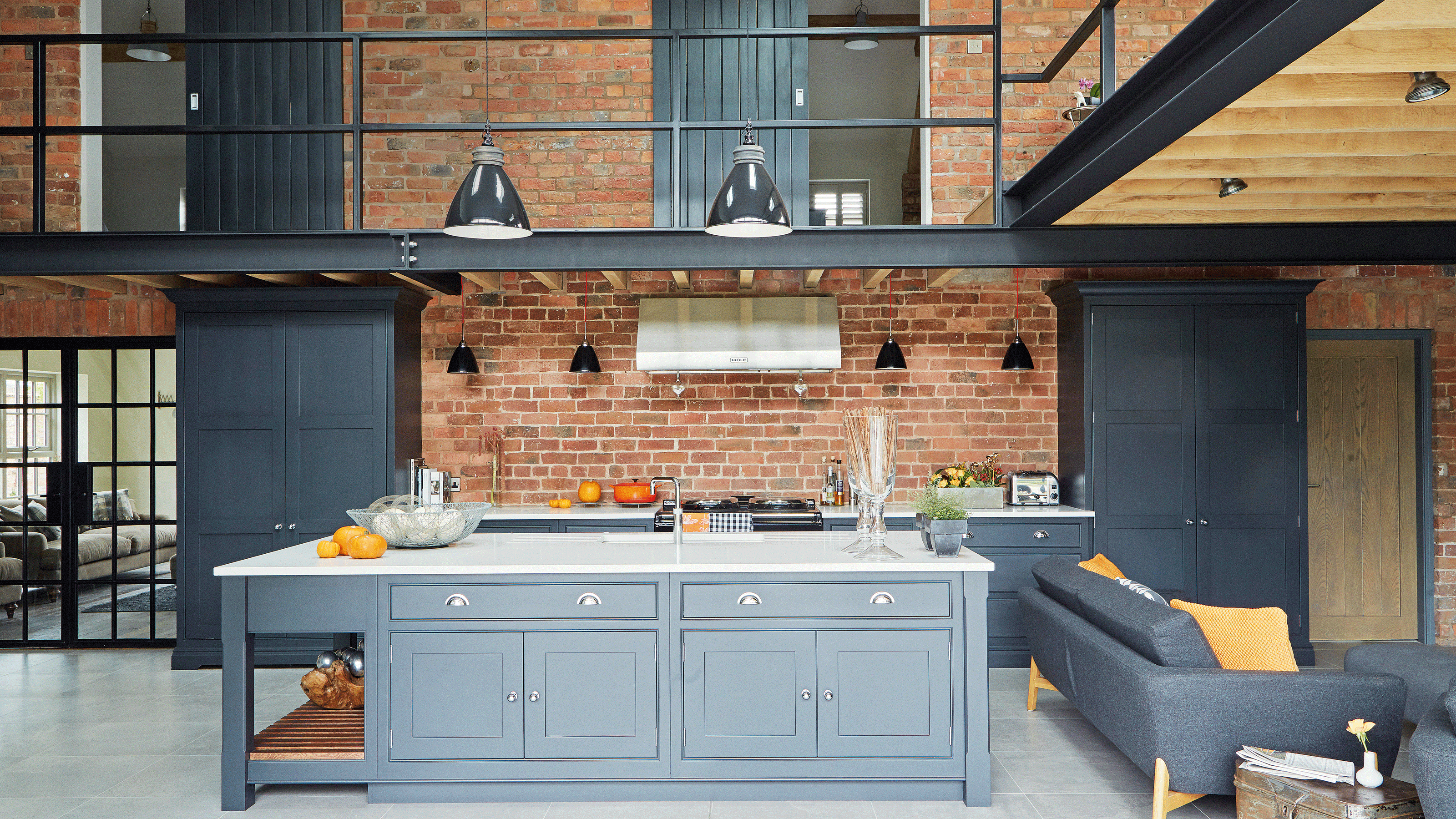
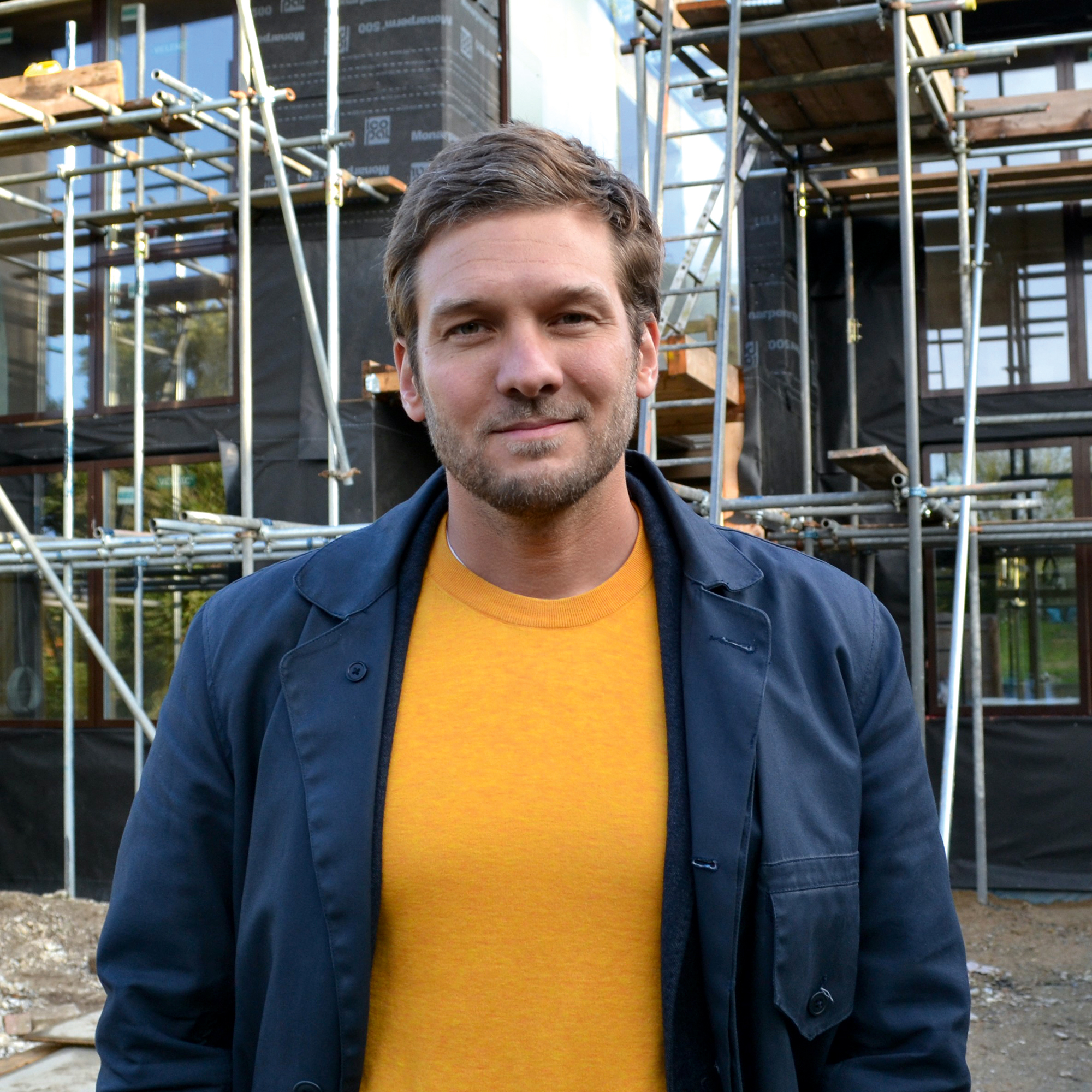
We mainly conceptualise our buildings using floor plans, whether in the design process or selling via estate agents particulars. This has a real tendency to lead us to focus on plans and floor areas and not think three dimensionally. When you do there is quite literally a whole new dimension to design. If you can lift your head and start to think in this way then one of the main tools in the kit is a mezzanine.
The definition of a mezzanine is ‘a small extra floor between one floor of a building and the next floor up’. Effectively, a platform that relies on high ceilings to create a multi-level space usually found in very large houses, industrial buildings and barns. If you search online many of the beautiful examples you’ll find also show double height spaces with an upper floor opened up to the void or wide occupiable balconies. For me mezzanines cover all these situations.
The attraction and romance of this architectural device is the thought of a beautiful light flooded space with long views through a building and activity on multiple levels; an alluring image. Mezzanines create space whilst maintaining flow which is key, a successful design will add floor area and increase a sense of scale.
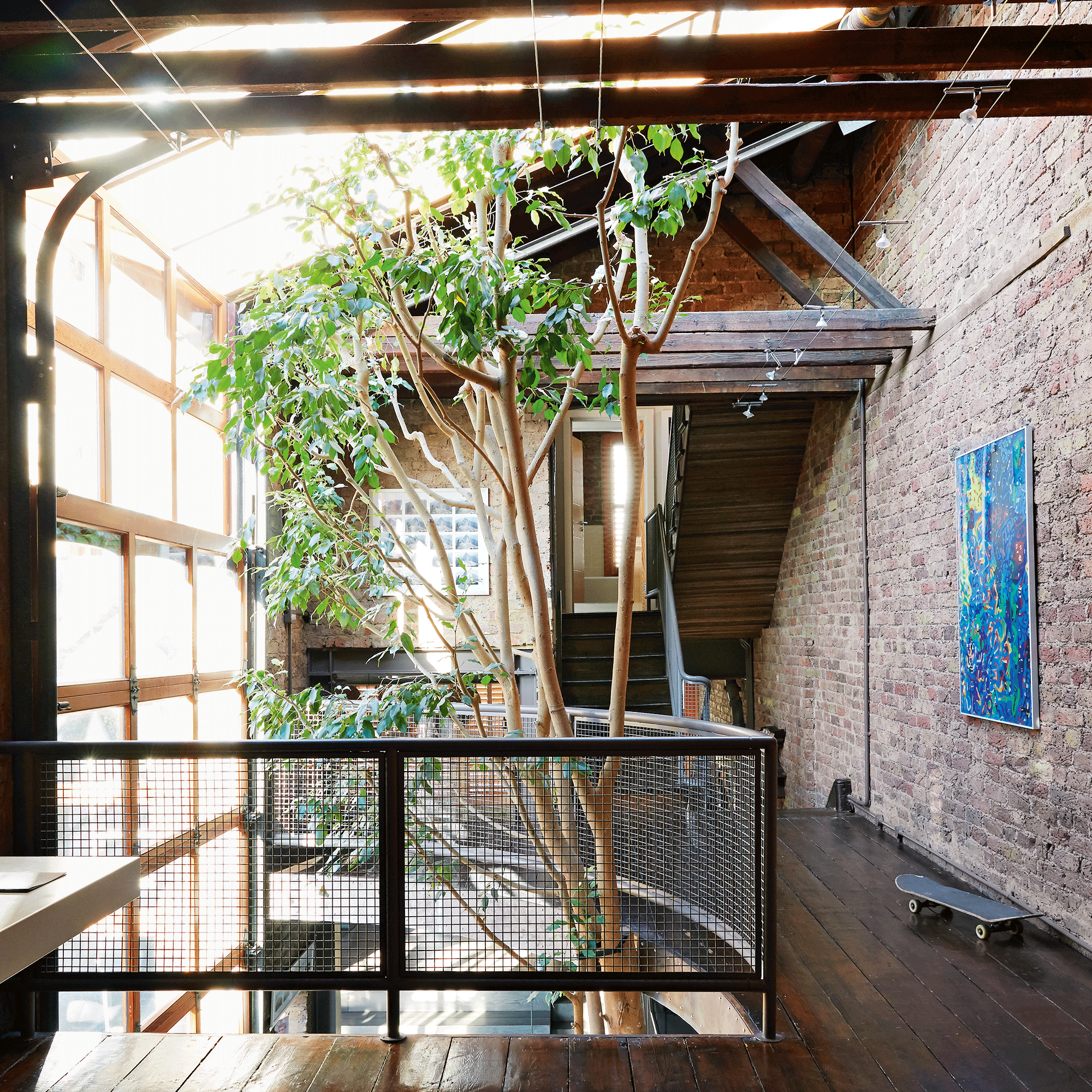
With mezzanines separation is created by different levels not walls. This mean they are open and allow light to move through and deep into a building. I tend to use them where they can improve light levels and openness whilst creating usable space, they are for me as much a daylight tool as a spatial one.
They also allow for the composition of complimentary types of activities in subtle ways. A small work desk just away from the family but a where supervision of mayhem is maintained. A reading area separated but connected to a main living space. Moments and relationships of use that can create real joy!
Much like open-plan spaces, the success or otherwise of mezzanines is defined by noise. It is really important that the types of activities and therefore volume of the two or more spaces you are creating are compatible. Alternatively, ensure that in general the times the spaces are used is complimentary. Trying to have a calm quiet dinner while kids are on a mezzanine yelling and scrapping is not great. Trying to work on a small office platform whilst your family is barging around getting ready for school may not be ideal. Being brutally honest about how you actually live, rather than the idealised version of how you’d like to live, is crucial to getting these relationships right.
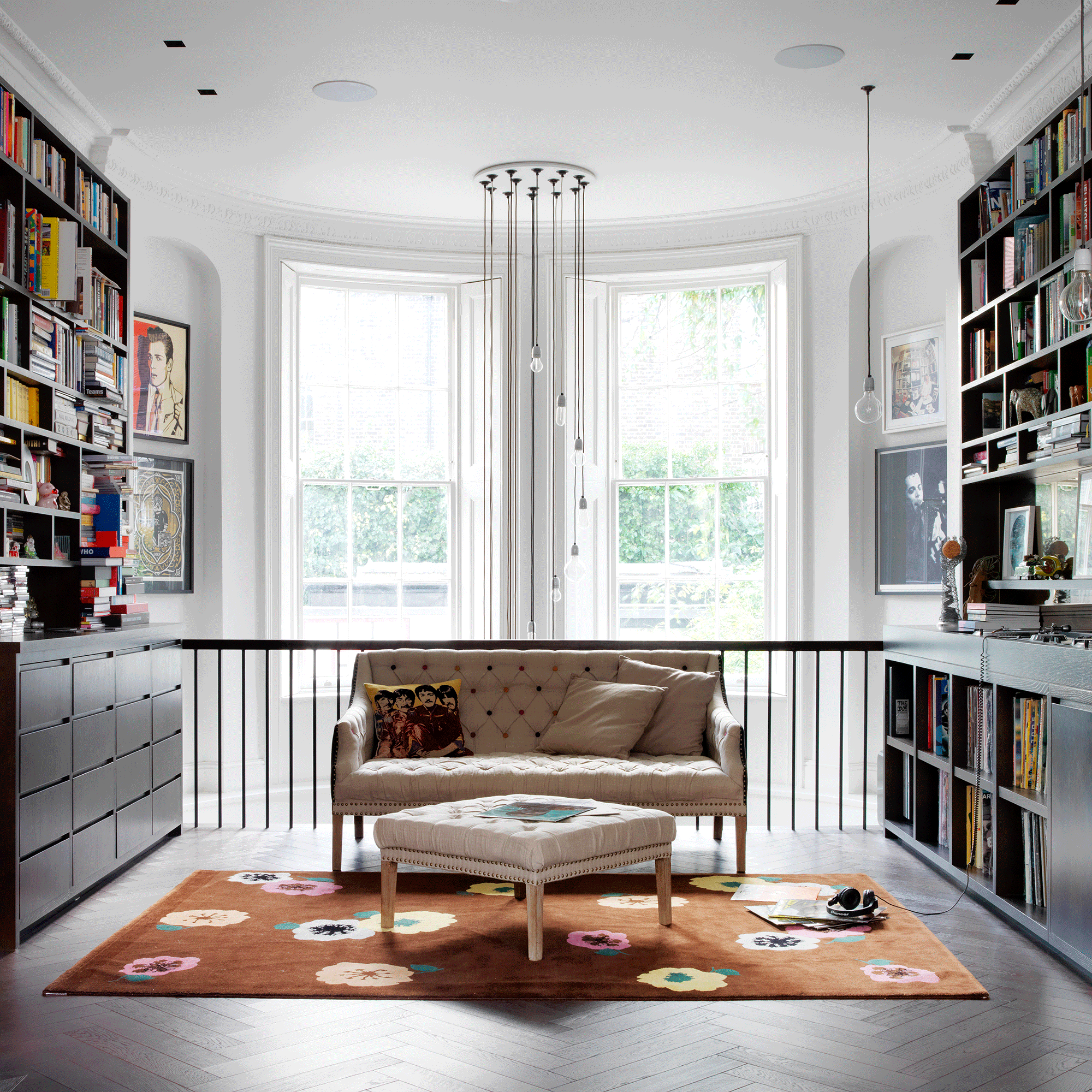
One place especially suited to mezzanines are bedrooms. Usually upstairs there is space in a pitched roof that can be appropriated for a bed or work platform. This can create the kind of multi-use room that defines the modern bedroom for many. Mixing sleeping, dressing and working in one room is not always easy, a mezzanine that grabs underused loft space can be a saviour.
This is also true for situations where there isn’t quite enough space for two full storeys but where an almost double-height space seems wasteful. A mezzanine platform allows occupation of the areas that ceiling heights allow leaving the remainder to be experienced by the room below.
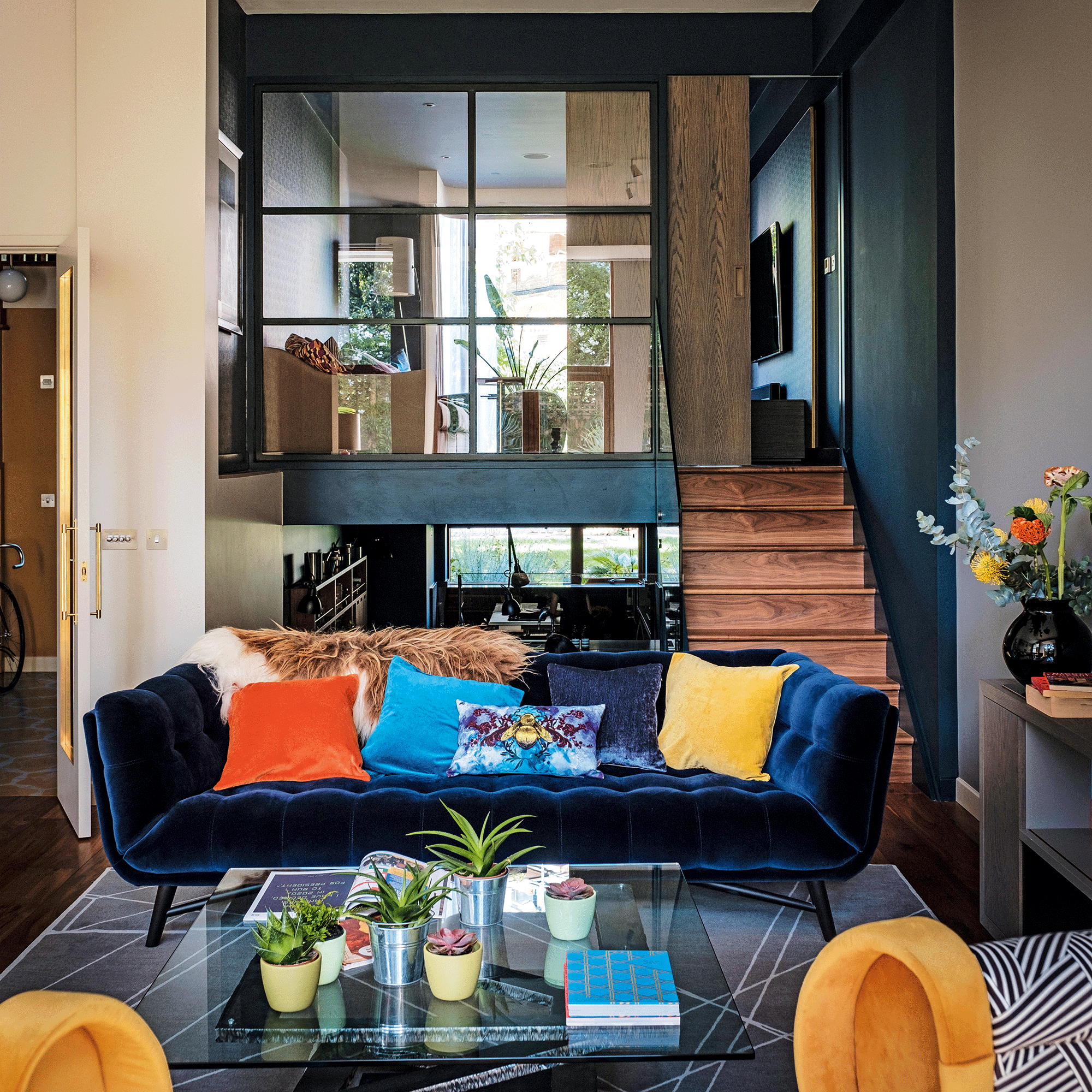
When considering a mezzanine it is important to focus on the space beneath the new structure. The relationship of this lower ceiling area to the adjacent cathedral like space is critical. Think about the three-dimensional composition, use and feel of these areas. The ability to have an intimate area next to one of light and scale can create real power and increase the perceived size of a home. Sometimes a low ceiling is your friend if you can compose the experience properly.
The experience of weaving a complex three-dimensional space well is exhilarating. Start trying to look and think about your home in this way and you may be amazed at the opportunities you find.
Get the Ideal Home Newsletter
Sign up to our newsletter for style and decor inspiration, house makeovers, project advice and more.

Charlie Luxton is an architectural designer who juggles his roles as director of Charlie Luxton Design, TV presenter and public speaker. Charlie regularly gives talks and presentations to a wide range of audiences about all aspects of the built environment and sustainability.
Charlie is passionate about the environment and communicating his enthusiasm for sustainable architecture and design. He has combined his design work with writing and presenting television programmes for the last twenty years and fronts Building the Dream and Homes by the Sea for More4, amongst others.
-
 Should an air fryer be on display in a kitchen or hidden away? This is why I always keep my small appliances on the worktop
Should an air fryer be on display in a kitchen or hidden away? This is why I always keep my small appliances on the worktopAre you on team display or neatly hidden away? Share your opinion in the comments
By Rebecca Knight
-
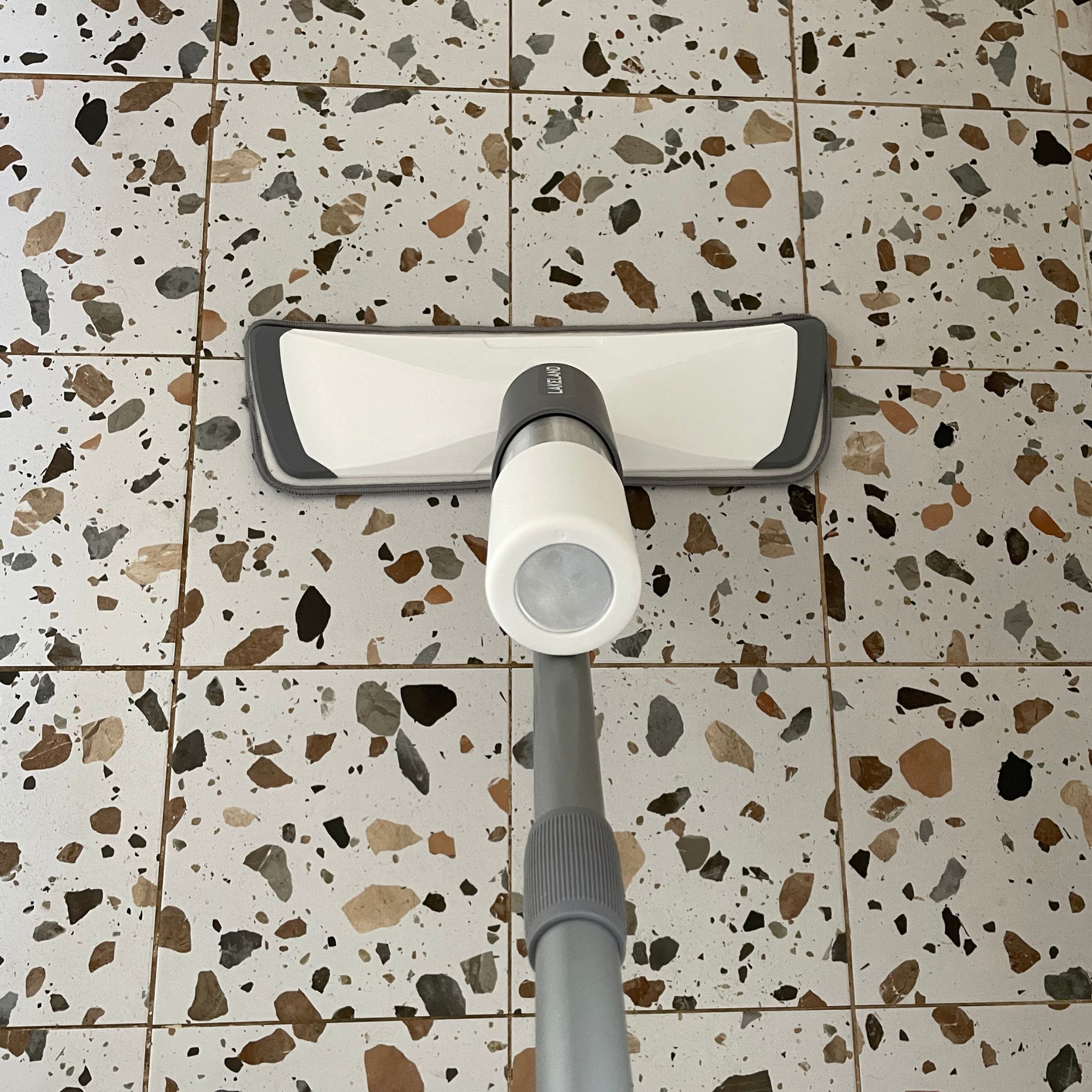 Experts warn that these 5 mopping mistakes are making your floors dirtier — and damaging your floors in the process
Experts warn that these 5 mopping mistakes are making your floors dirtier — and damaging your floors in the processThis is how to keep them clean and avoid costly damage
By Lauren Bradbury
-
 Move over, fences – dead hedges are the wild and wonderful alternative your garden will love and they're easier to build than you'd think
Move over, fences – dead hedges are the wild and wonderful alternative your garden will love and they're easier to build than you'd thinkThe perfect eco-friendly solution for small gardens
By Kayleigh Dray